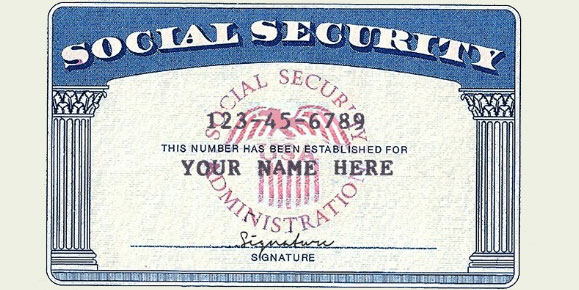The minimum wage is a topic of intense discussion in the US. Since persons making the federal minimum wage of $7.25 per hour frequently struggle to satisfy their basic needs from full-time employment, many believe it should be higher.
Others believe that since a minimum wage discourages employers from adding workers, the issue of employee pay should be left up to the free market.
Both sides frequently use the minimum wage regulations of other countries to support their arguments. One often quoted statistic is the significantly lower unemployment rates in many affluent countries without minimum wages.
The argument for eliminating the minimum wage in the United States is that other nations that have done away with the requirement of a minimum wage have seen an increase in hiring.
The benefits and drawbacks of minimum wage
The argument against raising the minimum wage is that more extraordinary labour expenses would lead to higher inflation, which will drive companies to raise prices (decreasing consumer purchasing power) or fire employees they can no longer afford to pay, increasing unemployment and poverty.
In contrast, proponents of the minimum wage contend that it raises workers' living standards, lessens poverty and inequality, stimulates the economy by boosting consumer spending, and improves employee morale.

Most Wealthy Nations Lack A Minimum Wage Law
Even in developed nations without a statutory minimum wage, industries typically determine their minimum wages through collective bargaining agreements.
Sweden, Iceland, Norway, and Denmark are a few of these nations, all of which have full union memberships but no set legal minimum wage.
However, the reality is that even in developed nations without a specific legal minimum wage, there are still industry-determined minimum wages governed by collective bargaining agreements. Their working populations are overwhelmingly unionized. Instead of the government doing it, these unions negotiate a reasonable baseline pay rate for the participating employees.
Understandably, the minimum wage differs from company to company, given that each industry may demand a great deal of diversity from its workers. Sweden, Denmark, Iceland, Norway, and Switzerland are the only five developed countries without a set legal minimum wage.
Sweden's Experience with Developed Nations Without Minimum Wages
Sweden is frequently cited as the model for eliminating the minimum wage. But the Nordic country that follows a Nordic model is unquestionably not a free-market free-for-all. Instead, minimum wages are established through collective bargaining by industry or sector. The krona is their preferred currency.
Nearly all Swedes are members of one of the approximately 110 employers' and trade union groups that bargain wages for average hourly employment, salaries, and overtime.
Like in the US, Swedish legislation sets a 40-hour maximum workweek.
In contrast to the American standard, it also stipulates that all employees are entitled to 13 other public holidays in addition to the 25 paid vacation days required by law.

Denmark
Because there is no nationally legislated minimum wage in Denmark, relations between employees and employers have been characterized as everything than cordial.
Workers' decent wages are the subject of negotiations by trade unions.
Iceland
Iceland doesn't get much notice outside of its stunning landscape. But just like the other countries on our list, this tiny island nation constantly ranks among the world's happiest due to its low crime rate, high incomes, and contented, healthy population. There, many like retiring.
In Iceland, trade union membership is automatic, and these organizations are in charge of negotiating starting pay for the sectors they represent.
Norway
Norway is another country in the north to forgo a government-regulated minimum wage in favour of having industry-specific rates negotiated by unions. Norwegians benefit from stable employment, respectable earnings, and extended vacations.
Standard hourly pay varies by industry. However, minimum wages for unskilled workers in the cleaning, freight transportation, agriculture, and construction sectors, for instance, range from $16 to $21 per hour, depending on experience and skill level.
Switzerland
Swiss voters passed a minimum wage of 23 Swiss Francs (CHF) per hour on September 27, 2020, for all industries.
In Conclusion
The idea of a minimum salary is widely accepted in many developed nations. Job importance is universal. People appear to prefer having control over their work-life balance and being less constrained by governmental regulations. The best action would be to reduce government meddling in free markets and allow consumers to set their own prices. The elimination of minimum wages has improved the quality of life for the populace, resulting in a better work-life balance.




